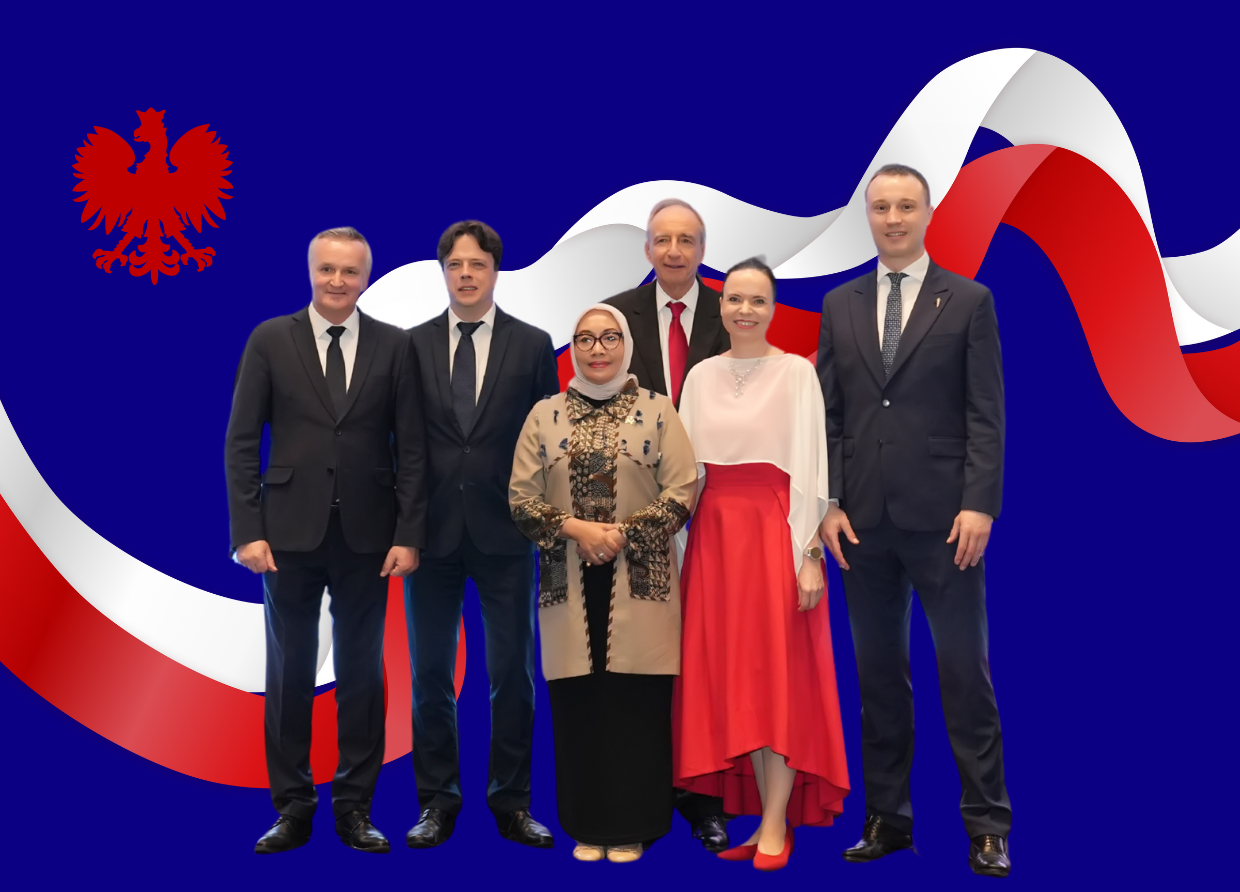GOVERNMENT'S SCHOOL LUNCH AND FREE MILK PROGRAM TO BOOST NATIONAL DAIRY INDUSTRY
Government's School Milk Initiative Aims to Revitalize Dairy Industry Amidst Ongoing Disease Challenges

The newly inaugurated government of Prabowo Subianto and Gibran Rakabuming Raka has unveiled an ambitious plan to enhance Indonesia’s national dairy industry. Their initiative, set to begin in the 2024-2029 term, focuses on implementing a school lunch program that includes free milk, aiming to drive both efficiency and profitability within the sector.
This program, known for its long history and proven benefits, is already in place across 76 countries, positively impacting around 418 million children globally as of 2024. The International Dairy Federation reports that nearly all high and upper-middle-income countries incorporate milk into their school feeding programs. However, only 33% of low-income countries do the same.
For Indonesia, the rollout of this program promises significant advancements in the dairy industry, potentially transforming it into a more efficient and profitable sector. To ensure its success, the country must safeguard its dairy cattle from diseases that threaten both their health and productivity.
Threats from Animal Diseases
The Indonesian dairy industry is currently battling recurring outbreaks of two major economically damaging diseases: Foot-and-Mouth Disease (FMD) and Lumpy Skin Disease (LSD). These diseases emerged in Indonesia in early 2022, with LSD first detected in Riau and FMD in East Java. Both are transboundary animal diseases that have been spreading across Southeast Asia since 2019.
As of June 2024, FMD has affected 556,558 cattle across 27 provinces, while LSD has been reported in 18 provinces with 73,720 cases. LSD initially impacted small dairy and beef farms in Sumatra before spreading across Java, significantly affecting milk production and cattle prices due to skin damage. Similarly, the FMD outbreak from April to September 2022 drastically reduced milk production by up to 80% in major dairy regions.
Endemic Challenges
Both FMD and LSD have become endemic in Indonesia, meaning they persist at a relatively stable level in specific regions or populations. Endemic diseases pose ongoing challenges for disease management and prevention strategies, with FMD potentially reducing milk production by 33% and causing high calf mortality rates.
Program Implementation and Success Stories
Successful school milk programs, such as those in Thailand, China, Brazil, and Peru, have been linked to the growth of national dairy industries. These countries have also implemented systematic and targeted FMD eradication programs. Peru has achieved FMD-free status, while Brazil aims to do so by 2025, and Thailand continues to maintain its dairy cattle population through annual vaccinations.
The Ministry of Agriculture's proposed dairy development acceleration program, designed to support the school milk initiative, will require collaboration among policymakers, dairy industry stakeholders, farmers, educators, and disease control experts.
Tri Satya Putri Naipospos, Chairperson of the Expert Commission on Animal Health at the Directorate General of Livestock and Animal Health, emphasized the importance of these collaborative efforts for the successful implementation and long-term benefits of the school milk program.
#THE S MEDIA #Media Milenial #school lunch program #free milk #national dairy industry #Prabowo Subianto #Gibran Rakabuming Raka #Indonesia #Foot-and-Mouth Disease #Lumpy Skin Disease #dairy cattle health #endemic diseases #milk production #disease eradication #Thailand #China #Brazil #Peru #Ministry of Agriculture #dairy development #Tri Satya Putri Naipospos


























